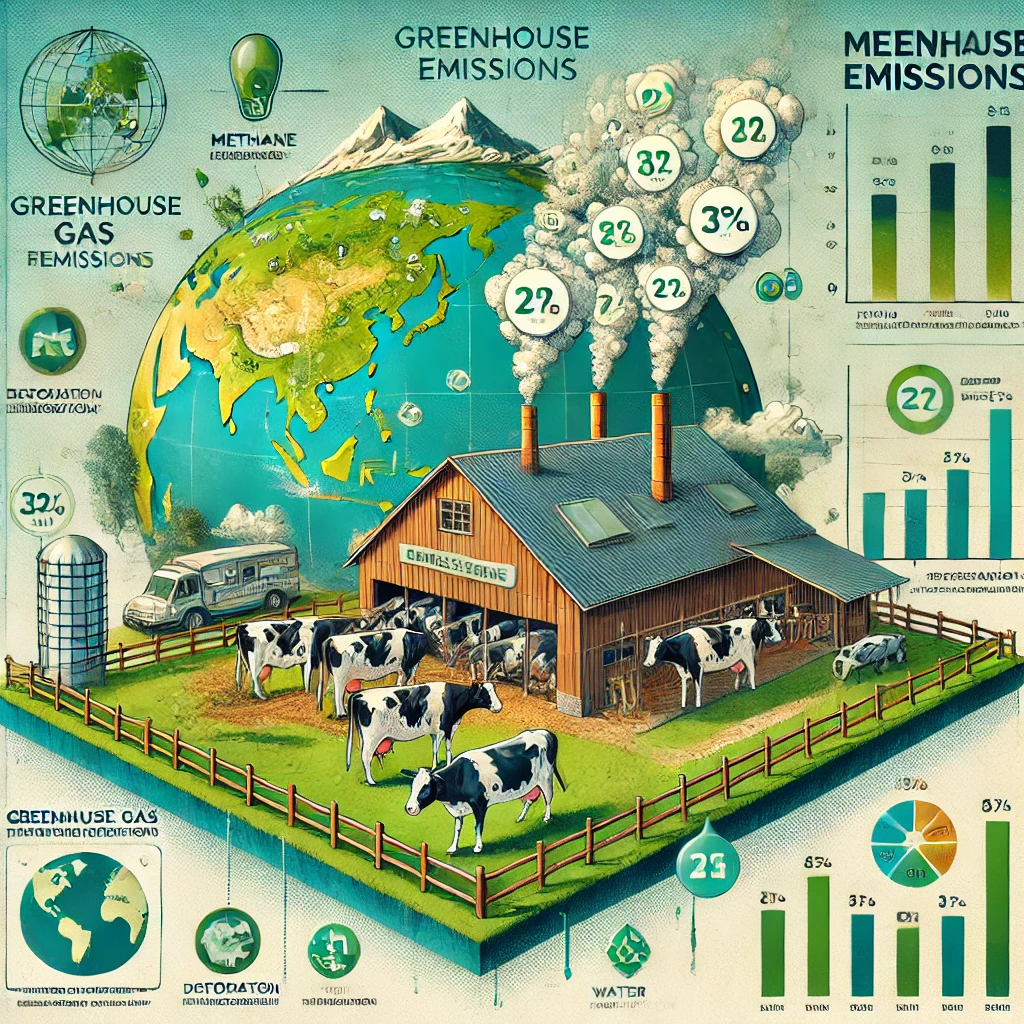Edited by Oluwaferanmi o., Business Administrator, Enconverge The environmental impact of our dietary choices is undeniable. When land is used to raise animals for meat instead of growing crops, we deplete vital resources such as water and soil, destroy forests to make room for grazing, and pollute water bodies with untreated animal waste. The consequences…...
Individual Premium Membership Required
You must be a Individual Premium member to access this content.
Already a member? Log in here




